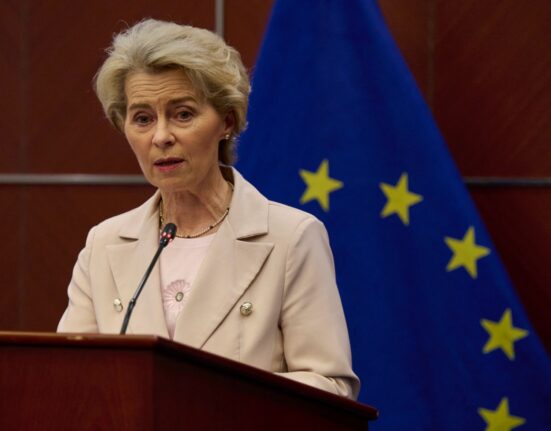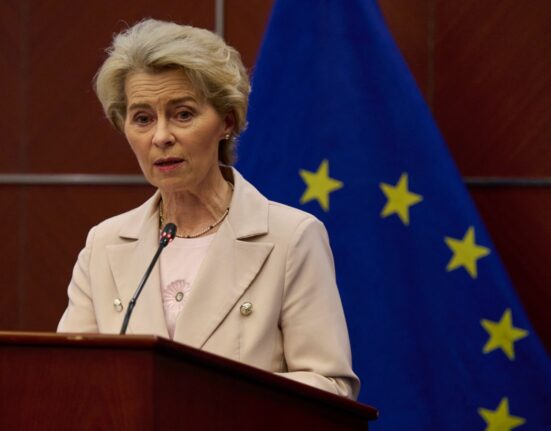BRUSSELS — Poland, a key player in NATO and a staunch ally of the United States, found itself at odds with Washington over restrictions on artificial intelligence (AI) chip exports. The move by the Biden administration has stirred up a storm in Warsaw, igniting concerns about its impact on Poland’s tech sector and military capabilities.
Unforeseen Consequences
The decision to exclude Poland from the list of countries allowed to purchase AI chips without constraints has left Polish officials bewildered. Krzysztof Paszyk, the minister for economic development and technology, expressed his disbelief, calling the block “incomprehensible.” This unexpected turn of events has caught many off guard, especially given Poland’s efforts to bolster its high-tech industry and defense systems.
Strategic Implications
As one of NATO’s largest spenders on defense and a vital partner in transatlantic security, Poland relies heavily on advanced technologies like AI for military applications. The restriction on AI chip imports could impede Warsaw’s plans for developing sophisticated AI systems crucial for monitoring potential threats and enhancing national security.
Diplomatic Backlash
In response to the U.S. decision, Polish officials have launched a diplomatic offensive to address what they see as an unjust limitation on their technological aspirations. Mark Brzezinski, the outgoing U.S. ambassador to Poland, faced scrutiny over the contentious move before concluding his tenure. Meanwhile, Deputy Minister Michał Baranowski is set to raise this issue during an upcoming visit to the U.S., underscoring Poland’s commitment to resolving the matter through dialogue.
Bridging Transatlantic Divides
Despite the current tensions stemming from the AI chip export restrictions, both Poland and the United States are keen on strengthening their strategic alliance across various domains. From mutual investments to collaborative efforts in nuclear energy and defense procurement for the Polish armed forces, these ties underscore shared interests that extend beyond technological disagreements.
Seeking EU Support
Poland is not alone in challenging these restrictions; it is seeking solidarity within the European Union (EU) framework as well. Calls for EU intervention by Polish Digital Affairs Minister Krzysztof Gawkowski highlight Warsaw’s broader strategy of leveraging collective EU action against what it perceives as detrimental policies affecting member states’ technological autonomy.
Critical Voices
Amidst this backdrop of geopolitical maneuvering, voices from within Poland have criticized their government for failing to engage proactively with transatlantic partners like the U.S., which could have potentially averted such restrictive measures against Polish interests. The opposition emphasizes that greater efforts are needed to nurture stronger alliances that safeguard access to critical technologies essential for national growth and security.
In conclusion…









Leave feedback about this